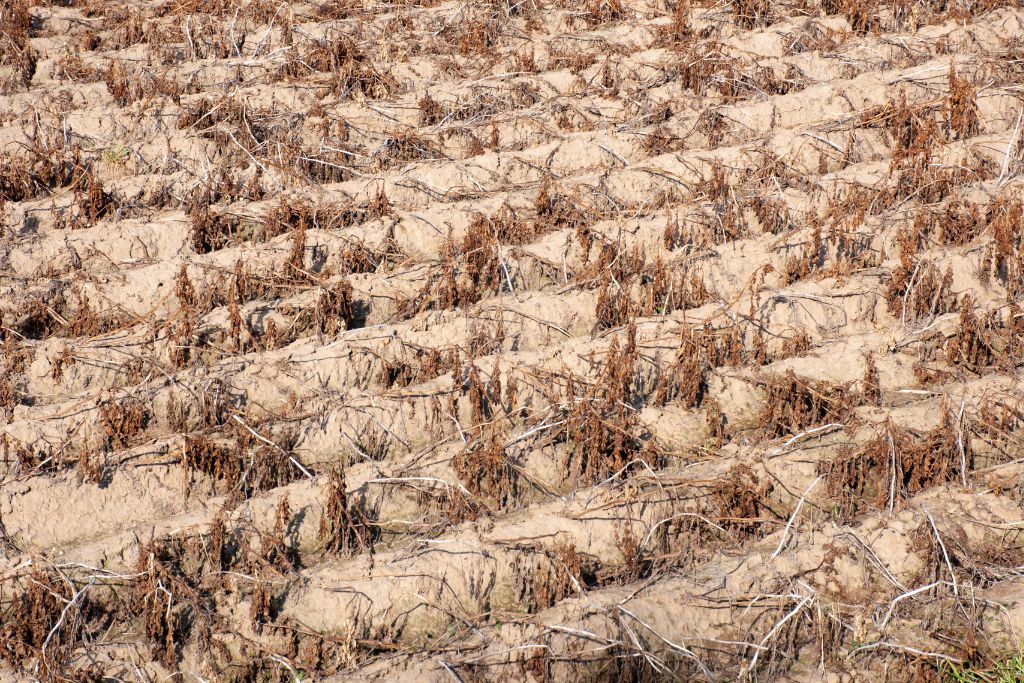“Our heatwave studies often detect changes of 2 to 4C, so 10C is quite frankly bonkers,” said Ben Clarke, one of the study’s authors.
—
A recent heatwave affecting Central Asia was made exponentially hotter by climate change, a rapid attribution analysis has found.
Temperatures climbed to nearly 30C across Kazakhstan, Uzbekistan, Turkmenistan, Tajikistan and Kyrgyzstan in late March – up to 15C higher than the seasonal average, according to World Weather Attribution.
Led by 10 researchers from universities and meteorological agencies in the Netherlands, Sweden,
Denmark, the US and the UK, the study concluded that climate change was responsible for at least 4C of that warming over the five-day period. But the team cautioned that this was “likely” an underestimation, as models do not account for the region’s unusually rapid rise in temperature in March, which is heating up “much faster” compared to any other month, the authors said.
The 10C change above pre-industrial levels is “quite frankly bonkers,” said study co-author Ben Clarke, adding that the group’s studies typically identify changes of 2-4C.
Once-rare warm spells like this can be expected about once every three years because of human-induced global warming, which has made the Earth 1.3C hotter compared to pre-industrial levels, the group said. The continued burning of fossil fuels is poised to make events like this even hotter and more frequent, it added.
“Fossil fuel burning is fundamentally altering the climate faster than humans have ever experienced,” Clarke, who is a researcher at Imperial College London, said.
The burning of coal, natural gas, and oil for electricity and heat is the single-largest source of global greenhouse gas emissions, which saw their highest annual atmospheric levels ever recorded last year. These gases are the primary drivers of global warming as they trap heat in the atmosphere and raising Earth’s surface temperature.

Global fossil fuel consumption has more than doubled in the last 50 years, as countries around the world aim to improve their standards of living and economic output.
“This is a heatwave that didn’t make headlines – it happened in spring and in a region that isn’t exactly known for blistering heatwaves, said Climate Centre Technical Adviser and study co-author Maja Vahlberg.
“But a heatwave like this can have impacts on agricultural workers, crops, hydroelectric power, glacier-fed irrigation, and the availability of drinking water in the months to come.”
You might also like: Understanding the Risks of Extreme Heat
This story is funded by readers like you
Our non-profit newsroom provides climate coverage free of charge and advertising. Your one-off or monthly donations play a crucial role in supporting our operations, expanding our reach, and maintaining our editorial independence.
About EO | Mission Statement | Impact & Reach | Write for us














